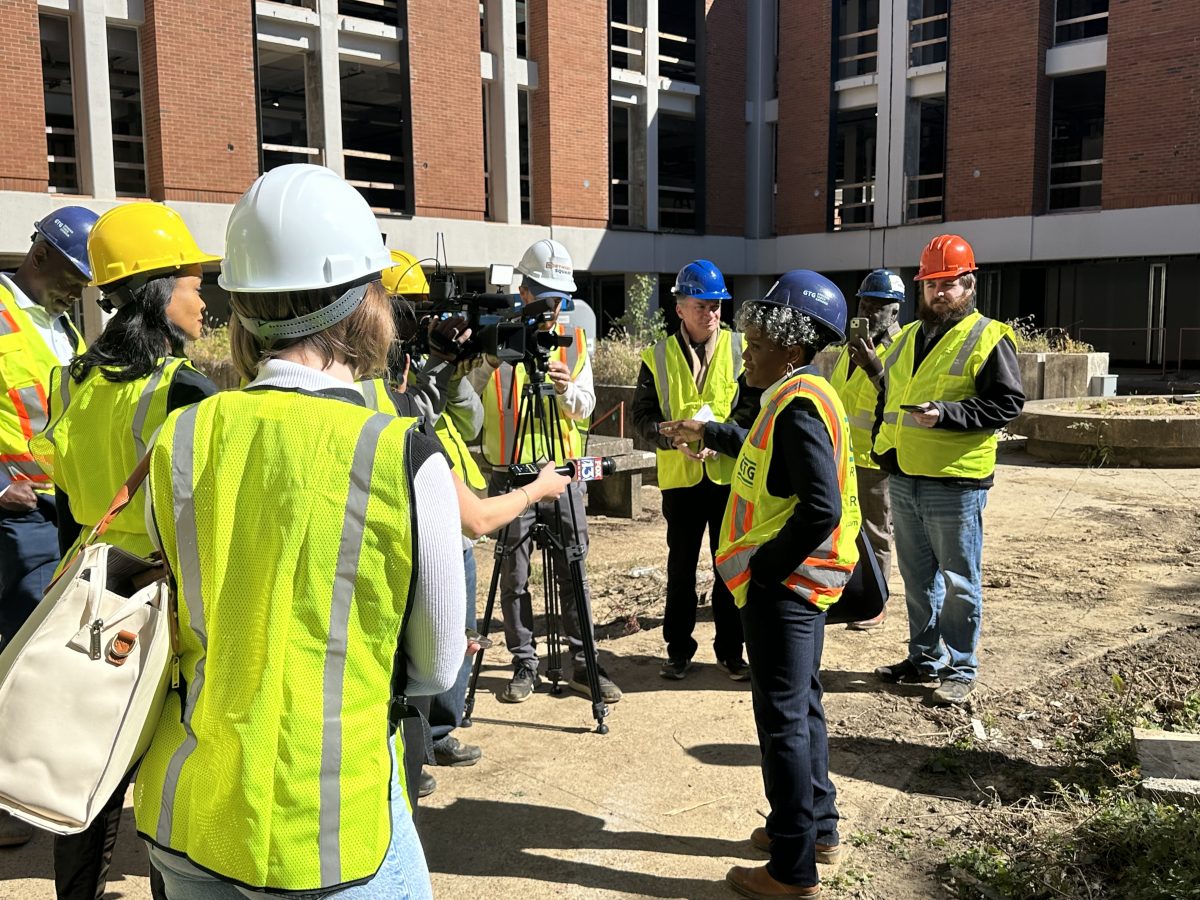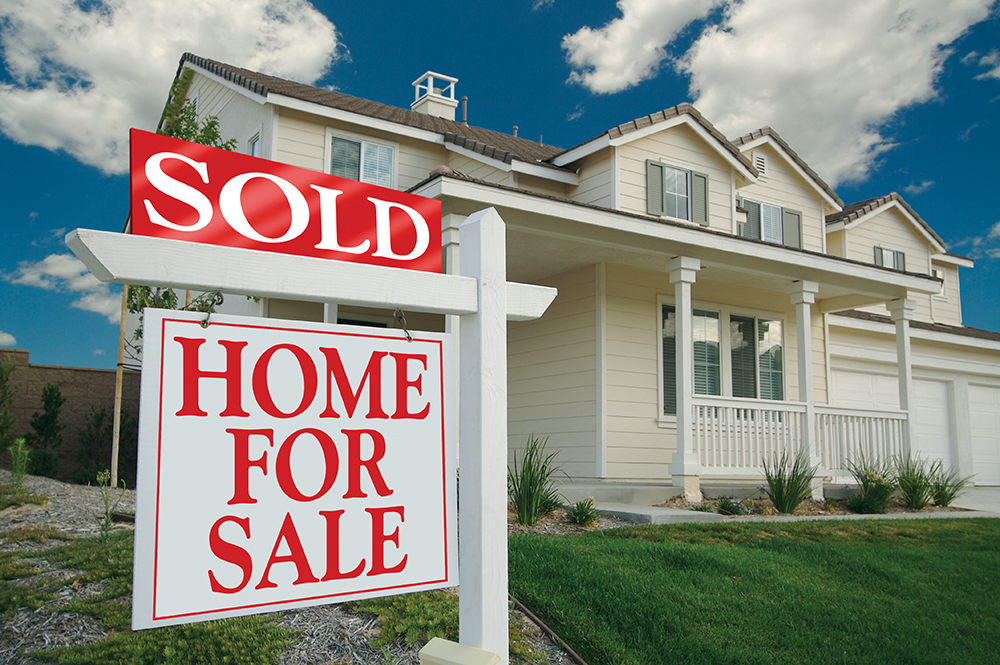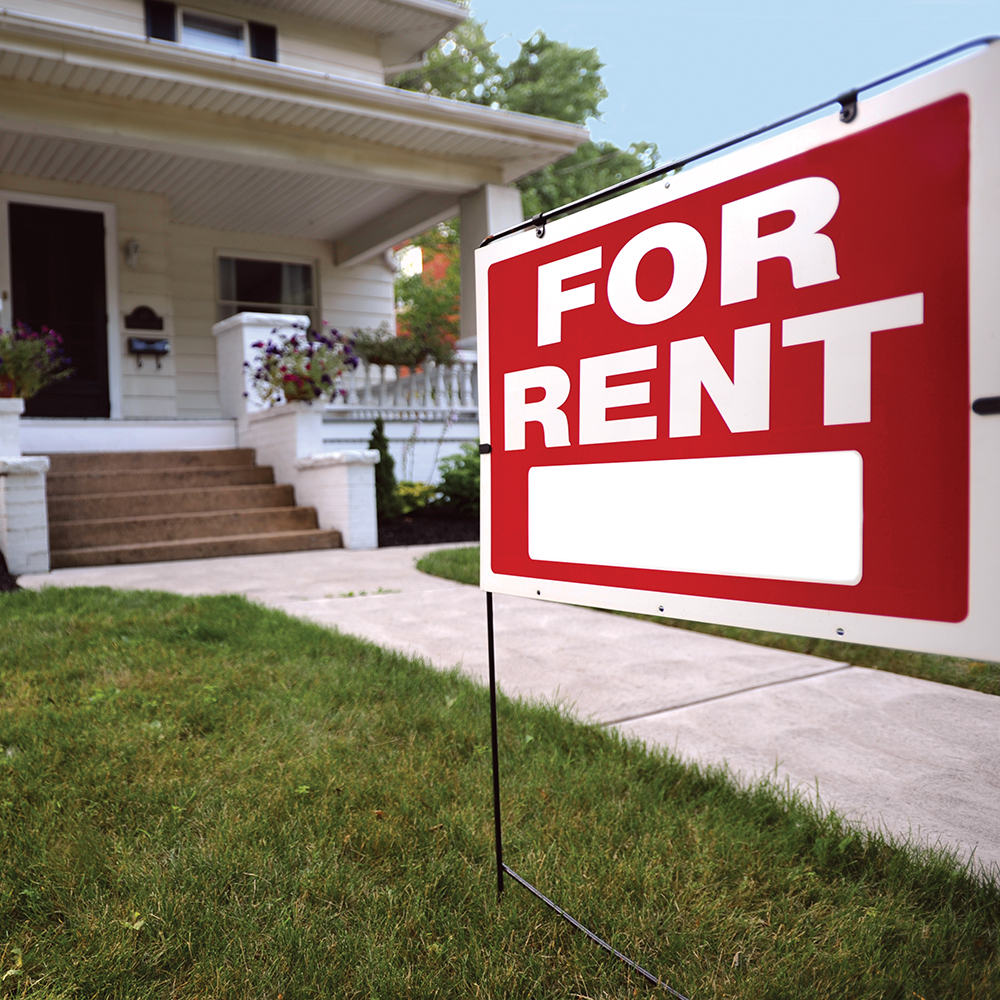Residents can expect to move into Northside Square, a renovation of the historic Northside High School, in 2026.
Today, The Works Inc. along with ComCap Partners, Memphis Mayor Paul Young, and regional president of First Horizon Bank Louis “Bo” Allen Jr. gathered at the lawn of the former high school located at 1212 Vollintine Avenue to celebrate the financial closing of the development.
Northside High was closed in 2016 due to low enrollment. Officials contribute this to “population loss and disinvestment,” yet they are hopeful that the project will bring new life to the Klondike neighborhood, which is one of the oldest African-American communities in the city.
Officials said this represents the “largest private sector investment in a low-income Black neighborhood in the city of Memphis.”
“The 270,000-square-foot building is currently being transformed into a community hub that includes office space; education, healthcare, food, and beverage services; and community events and programming on the basement level and floors one and two, while the third floor will consist of 42 affordable residential units,” The Works said in a statement.
The Works acquired the property in 2021 and immediately began environmental remediation. In November 2023, they entered the financial closing stage of the project.
Quincy Jones, director of programs and special projects at The Works, said this contributes to a larger initiative known as “Moving Klondike Forward.” This serves as an effort for community development, while also preserving the historical significance of the site.
Roshun Austin, The Works’ president/CEO, added that the city has a “dearth” of affordable housing. While she noted this as a national problem as well, she said Memphis needs about 40,000 affordable housing units to accommodate for its dearth.
“We have opportunities throughout the Klondike neighborhood to provide housing for people, so we’re not displacing those who live here,” Austin added.
She went on to say that not only does this serve as a way to encourage those who have left the neighborhood to come back; it also invites newcomers to create a “vibrant” atmosphere.
“We’re really focused on this affordable population that Memphis needs to serve and do a better job of serving,” Austin said.
The mayor expressed his enthusiasm for the innovation of the project as it will also provide workforce development and training, literacy advocacy, arts programming, and more.
Young said Northside Square will be an opportunity to bring affordable housing to the neighborhood. He said residents in the neighborhood not only deserve housing accommodations but “high-quality” ones.
“It’s amazing to see an asset that was closed down in 2016 now being revitalized to be a hub of activity for this community,” Young said. “This Northside Project is going to draw upon the principles of Memphis 3.0.”
Young said Ashley Cash, director of housing and community development, led an investment of $2 million from the affordable housing trust fund for the new units as well. This contributes to the $81-million budget, with other funding sources including New Market Tax Credit Equity, conventional debt, and “$48 million in sponsor’s equity using private philanthropic dollars.”
Archie Willis III, founder and president of ComCap Partners, said the project will have one- and two-bedroom units, designed by Aaron Patrick Architects. Willis said they will be loft-style and hopes that the design paired with affordability will attract new and younger residents to the neighborhood.


